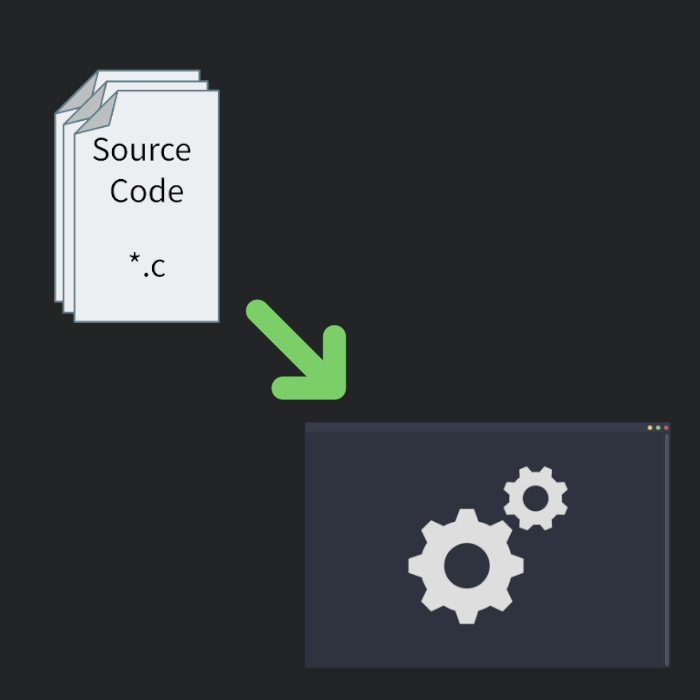
Milk, I2C, and SMBus
Last week, a friend of mine gave me an interesting single-board computer with the goal of getting it to communicate with another chip he was working with over I2C. The SBC is quite small. It has 2 RISC-V cores, an ARM core, and a whopping 512 megabytes of RAM…

Technoir: Reflecting on Five Years
Five years. Five whole years. So many things have changed since I first started this blog. I was still in my second year of university, no one could have even imagined that COVID-19 would happen, the GDPR had just been freshly implemented, and we were all looking forward to the end of the 2010s as we were approaching a new decade. Don’t we all j...

Decoding Circuits: Hardware Reverse Engineering
In a previous blog post, I mentioned that hardware can be reverse-engineered. But, why? And how? Is it legal? We shall embark on a journey today to reverse engineer an Arduino Uno R3 ethically and legally, guiding you through how it is done.

Back to Basics: Why do we return 0?
There is a very high chance that if you read my blog, you’ve seen the line of code return 0; at some point. Specifically, you’ve probably seen it in a main() function, like so:
int main()
{
//Do stuff
return 0;
}
Why, though? Can I return something that isn’t zero?
The simple answer is yes. main() is, after all, a function and can return w...

Labelling: A Pandemic of Our Generation
A while back I read about something called the “labelling theory”. The labelling theory suggests that an individual’s identity and behaviour may be determined by the terms that are used to describe them by others (i.e. labelling). This theory, for example, states that if you keep calling someone a criminal, they will eventually become an actual ...

Reverse Engineering 101: Dissecting Software
Reverse engineering… Could it be just the opposite of engineering? Is it that simple? Let’s see!
Reverse engineering is a very broad field which has lots of applications. Not just that, but almost anything can be reverse engineered too. Let’s take a look at it in this post.

The Life of a Binary: From LoC to a PID
Programs… Binaries… PE Files… ELF Files… What are those? If you’ve read about computers at some point or even just used them, you’ve probably come across these terms. Today we’ll take a look on how programs are built and the stages they go through.

Shield Yourself: Five Tips to Strengthen your Online Security
I could talk for the entirety of this post about how connected we are and how much we rely on the internet and technology and all that stuff but I am pretty sure we all know that. So, let’s just get straight to the point. The fact is that most people have horrible online security habits.
36 post articles, 5 pages.